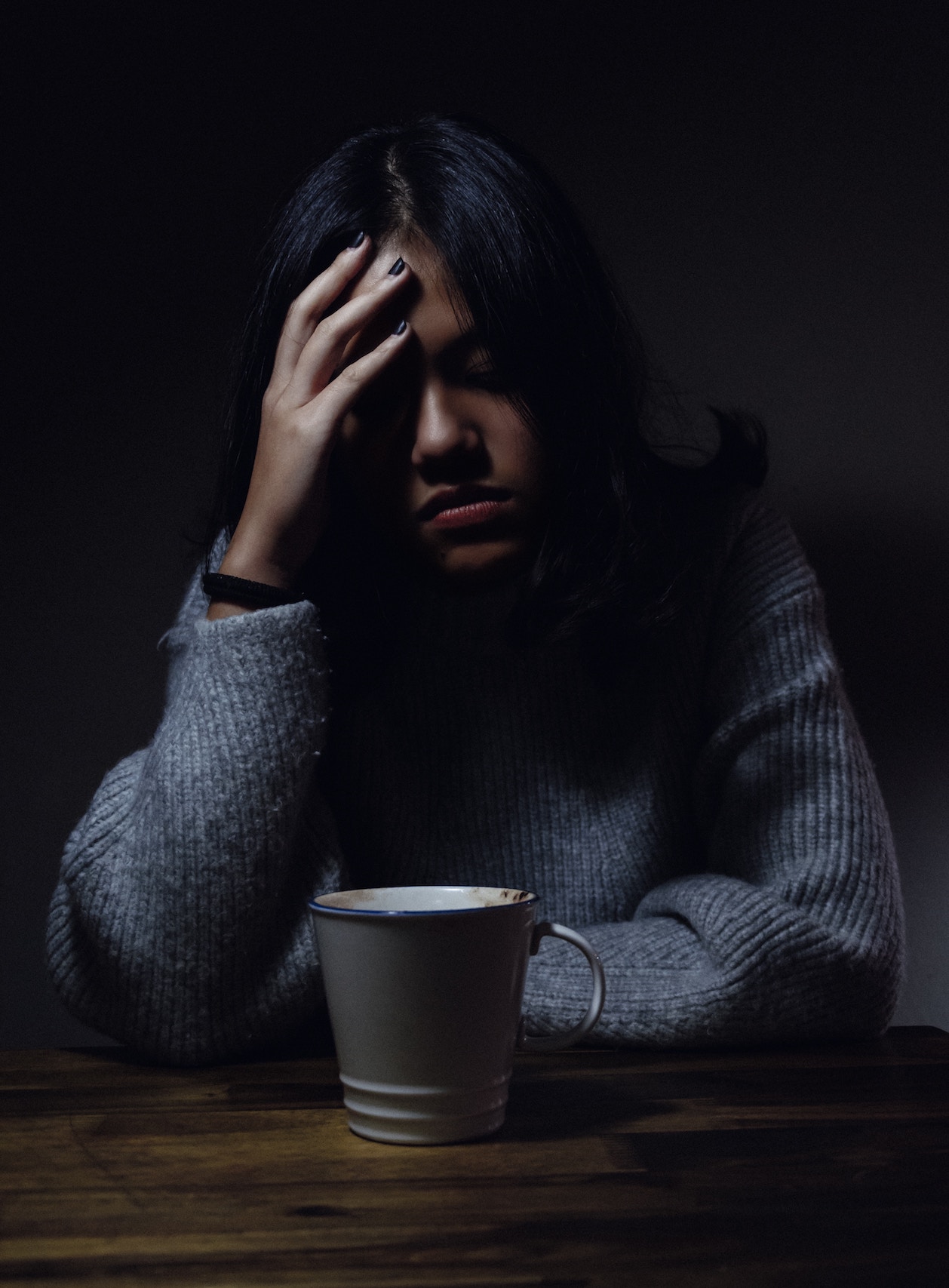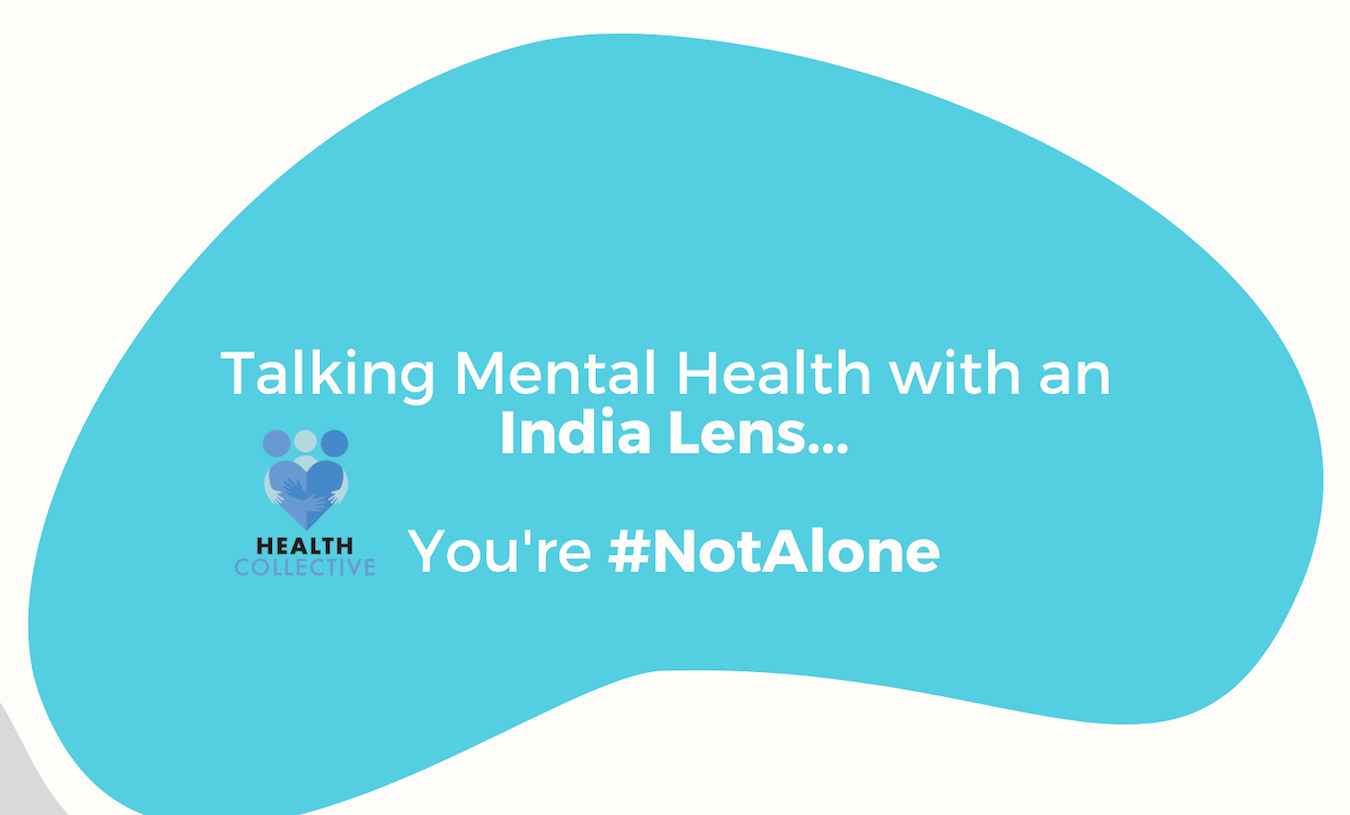Your Stories: Surviving and Dealing with PCOS
By Vandita Morarka
I learned retrospectively that I have had Polycystic ovary syndrome (PCOS) since right after tenth grade, though it took doctors several years to adequately diagnose it. It’s surprising that for an illness that is increasingly common, there still isn’t enough awareness. PCOS is a common hormonal problem amongst young women worldwide, affecting one in ten girls.
ALSO READ: ENDOMETRIOSIS: STEERING THROUGH PAIN AND TRAUMA
In India, the problem is just as prevalent but seems rarely to be discussed or addressed. A study by Metropolis Healthcare Ltd. reportedly now shows that 1 in 5 women in India have PCOS.
For those of you who have heard of PCOS, you might hear PCOS and PCOD (polycystic ovarian disorder) used interchangeably. The difference is that PCOS is an endocrine system disorder while PCOD is a condition that develops because of such hormonal imbalance.
PCOS can lead to infertility; common symptoms are: irregular periods, weight gain, oily skin, excessive hair growth, or hair fall. Read more from the NHS in the UK here
ALSO READ: DR GOOGLE AND THE PROBLEM WITH SELF-DIAGNOSIS
An often-overlooked aspect of the effects of PCOS and PCOD is its effect on the mental health of patients.
Earlier studies have shown that women with PCOS are found to have a mildly higher probability of having anxiety or depression. Take a look at the findings of a large-scale study by Cardiff University’s Neuroscience and Mental Health Research Institute (published in Endocrine Society’s Journal of Clinical Endocrinology & Metabolism). To quote from the press release, published here
“In the retrospective cohort design study, researchers from the Neuroscience and Mental Health Research Institute at Cardiff University assessed the mental health history of nearly 17,000 women diagnosed with PCOS. The study leveraged data from the Clinical Practice Research Datalink (CPRD), a database containing records for 11 million patients collected from 674 primary care practices in the United Kingdom.
When compared with unaffected women, matched for age and body mass index, the study found that PCOS patients were more likely to be diagnosed with mental health disorders, including depression, anxiety, bipolar disorder and eating disorders.”
Children born to mothers with PCOS were also found to be at greater risk of developing ADHD and autism spectrum disorders. This is one of the largest studies aimed at understanding the issues women with PCOS face, covering over 17,000 women with PCOS.
Apart from the hormonal imbalance causing mental health concerns, outward effects of PCOS, like male pattern balding, growth of a beard, or acne, etc, can cause emotional stress.
Doctors that treat PCOS, primarily gynaecologists and endocrinologists, barely ever refer to the mental health aspects of PCOS and don’t guide their patients towards adequate mental healthcare. When I first realised that I had PCOS, mainly by way of educating myself about it online and joining different support communities to understand this better, the doctors I went to seemed to know less about the illness than many online forums — there were times that they asked me questions instead of the other way round. It logically follows that they had no idea of the mental health repercussions of PCOS/PCOD and didn’t guide me towards any additional mental healthcare or even towards the need to keep an eye out for it.

Havovi Hyderabadwala, a Forensic and Clinical Psychologist tells The Health Collective, “Most health professionals deal with PCOS only at a physical level and do not focus on relaxing the mental health aspect. Due to hormonal imbalance women face a lot of emotional turmoil. They may face sadness, bouts of anger, unhappiness with the way their bodies cope due to hormonal changes e.g. excessive body hair or facial hair, acne, weight gain. This also affects their self-esteem and self concept, especially for girls who are dealing with their teenage years.”
Her advice? “It helps to keep a diary to record your emotions of how you feel and to reach out to the right mental health professional when the need arises.”
The mental health effects of PCOD are very real and impact a person’s everyday life. While over the years I have found better, more informed, doctors, none have asked about my mental health needs. PCOD by virtue of being caused by a hormonal imbalance can in itself significantly affect one’s mood – the outward appearance changes and the pain and uneasiness that having PCOD brings on, along with extremely painful periods (when they do happen) have made the entire experience extremely stressful for me.
Recently I got my periods after a long duration — this was on a day that I was facilitating an all-day workshop. I remember being in so much pain that I almost teared up in the middle of the workshop; each movement was excruciating, just the act of walking or sitting down or getting up was unbearable. Additionally, the feeling of uneasiness in the run up to getting my periods is terrible, even causing me to develop a fever for a few days before my periods. When this first happened to me, I was alarmed by how much of my health was affected by PCOD. After this, I spoke to other friends who had PCOS/D or other menstruation related illnesses and realised just how common it is for them to develop fevers, headaches and the like around the time of their periods – and just how normalised this state of ill health has become because there is absolutely no focus on women’s health.
SOME COMMON SIGNS OF PCOS
Some common signs of PCOS include:
- Irregular periods (you might stop getting your periods completely for long durations, or you might get them repeatedly in short intervals of time)
- Hair pattern changes due to increased androgens in your body:
- Excessive hair growth: usually in places where women generally don’t have hair growth, for example: facial hair
- Excessive hair fall or thinning of the hair on your head
- Acne or oily skin
- Weight gain: while most people believe that weight gain can lead to PCOS, it also works the other way round and PCOS can cause weight gain
- Acanthosis nigricans: this a velvety hyper-pigmentation of the skin and is often caused by insulin resistance – it would show up as parts of your skin getting dark patches, especially the areas with folds in your body: you may not have diabetes but your reports in this case will show that you have insulin resistance. (This doesn’t necessarily mean you will have PCOS but it is an indicative factor.)
Many of these symptoms may occur independently or simultaneously with the others. The current way to address PCOS/D is through a mix of medicines that supplement or control your hormonal imbalance – these aren’t necessarily effective for everyone as they aren’t developed as a treatment to PCOS but are in fact existing treatments for varying underlying factors: increased androgens, insulin resistance etc. And as some report, these can often have other side-effects that doctors don’t always speak of. For many however, this medication can greatly improve their state of health. More doctors are suggesting that lifestyle changes can be of help to women with PCOS – especially some form of regular exercise coupled with reducing or cutting out one’s sugar intake and reducing carb intake.
The more I’ve had conversations with women around me, the more I realise how common these issues are. Shruti Venkatesh, a BA student from Mumbai says that her doctor didn’t give her any information about the mental healthcare aspects of PCOS. For her, “PCOS has led to random bouts of feeling depressed, uncontrollable emotional roller coasters (not just PMS-ing), and feelings of depression due to the physical side effects of PCOD (hairfall, skin problems).” She says that making it to appointments for hair therapy make her feel better.
Women with PCOS/PCOD rarely, if ever, get adequate and correct treatment on the first go, and even if they do, their mental health isn’t looked at. Here’s a link to a small survey we are trying to do, to understand what your mental health experiences with PCOS/PCOD have been like. You can find the survey form here — please do take a few moments to fill it out and share with others. Form link: http://bit.ly/hcpcossurvey





Really Insightful! Amazing Read!